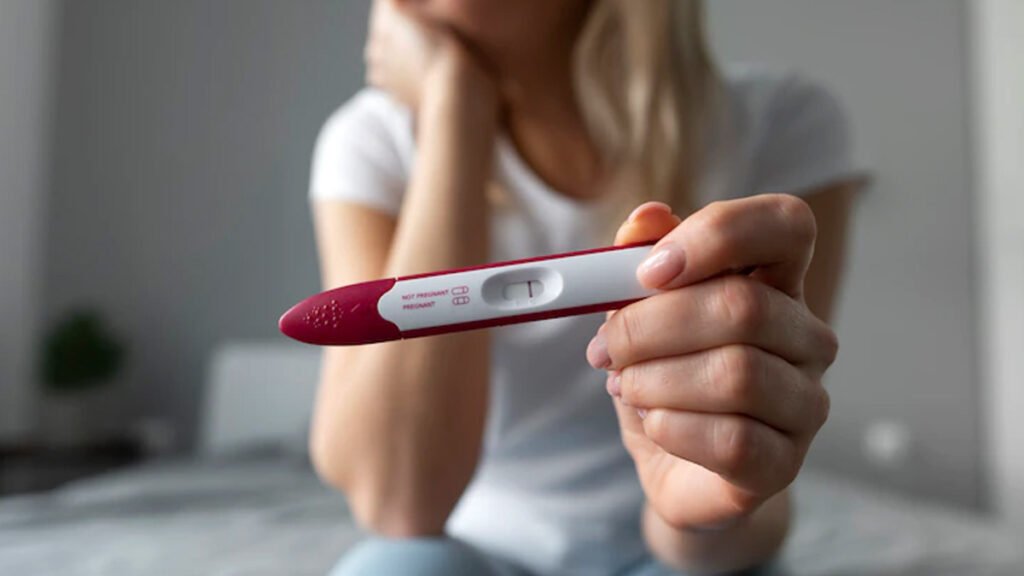Infertility in females is a sensitive and complex issue that affects many women worldwide. At SJS IVF Hospital, we believe in empowering our patients with knowledge and providing compassionate care to help navigate this challenging journey. In this article will explore the prevalent causes of female infertility and discuss effective strategies for management and treatment.
1. Ovulatory Disorders
Ovulation disorders are among the most common causes of infertility and include conditions where ovulation is irregular or absent. Factors like hormonal imbalances, obesity, and insulin resistance can disrupt normal ovulation, leading to conditions such as polycystic ovary syndrome (PCOS), which affects up to 10% of women of reproductive age. Another concern is premature ovarian insufficiency (POI), where ovarian function declines significantly before the age of 40, often without any clear cause.
2. Tubal Factors
The fallopian tubes are vital for natural conception; they are the pathways through which the eggs travel from the ovaries to the uterus. Any damage or blockage in these tubes can prevent sperm from reaching the egg or block the fertilized egg from reaching the uterus for implantation. Common causes of tubal damage include pelvic inflammatory disease (PID), often caused by sexually transmitted infections like chlamydia or gonorrhea, and previous abdominal or pelvic surgery, which can lead to scarring.
3. Uterine Conditions
The health of the uterus is also crucial for fertility. Abnormalities such as fibroids, polyps, or congenital malformations can alter the uterine cavity, interfering with the implantation of the fertilized egg or increasing the risk of miscarriage. Regular check-ups with a gynecologist can help detect and address these issues promptly.
4. Endometriosis
Endometriosis affects approximately 10% of women and occurs when tissue similar to the lining inside the uterus begins to grow outside the uterine cavity, typically affecting the ovaries, fallopian tubes, and tissue lining the pelvis. This not only causes pain and inflammation but can also lead to the formation of scar tissue and adhesions, which can impact fertility significantly.
5. Age-Related Factors
Age is a critical factor in fertility. As women age, particularly after 35, the quality and quantity of their eggs decrease, leading to lower chances of conception and increased risks of genetic abnormalities and miscarriage. This biological clock makes early diagnosis and treatment of infertility issues even more critical.
6. Lifestyle Factors
Lifestyle factors play a significant role in fertility. Smoking, excessive alcohol use, extreme weight fluctuations, and excessive physical or emotional stress can all impair fertility. Maintaining a balanced diet, regular physical activity, and a healthy weight can improve the chances of conceiving.
7. Environmental and Occupational Factors
Exposure to certain environmental toxins, such as pesticides, heavy metals, and industrial chemicals, can affect female fertility. Additionally, occupational hazards like exposure to radioactive materials and high stress can also compromise reproductive health.
Conclusion:
Understanding the underlying causes of infertility is the first step towards effective treatment. At SJS IVF Hospital, we are committed to providing personalized care and advanced treatments to help you overcome infertility challenges.
Call to Action: Don’t let infertility keep you from your dreams of parenthood. Contact SJS IVF Hospital at 9815346823 or visit us at 77 Main Road Dakoha, Jalandhar for a consultation. Let us help you start your journey towards becoming a parent.


